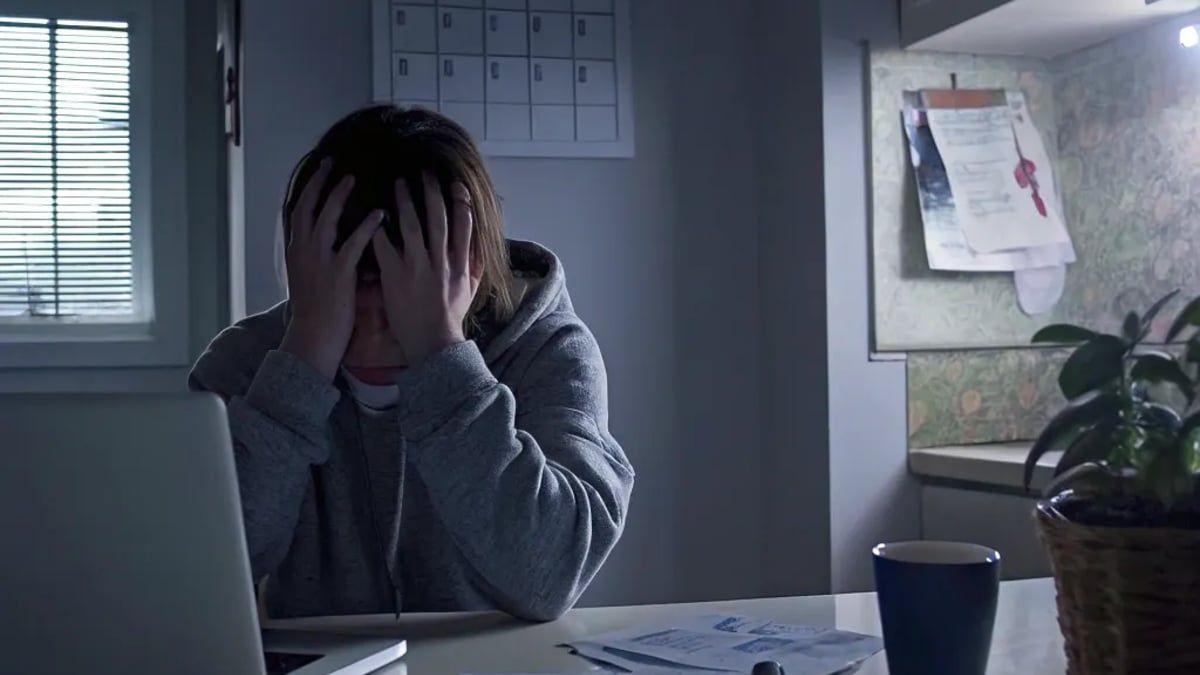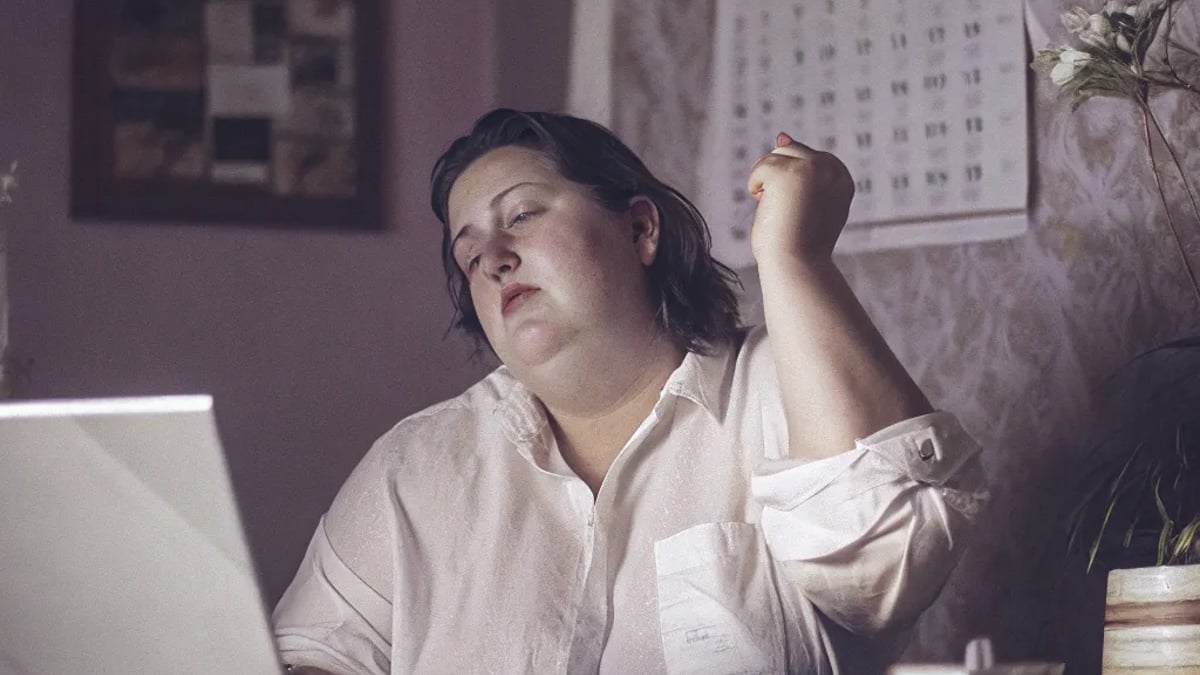
Last year, when my phone buzzed with that dreaded call from HR asking me to "stop by the office," I knew what was coming. Budget cuts. Restructuring. Whatever corporate-speak they used, the result was the same – I was suddenly unemployed with rent due in two weeks and barely enough savings to cover groceries for the month.
The panic was immediate and overwhelming. How would I keep a roof over my head? Would I need to break my lease? Could I avoid eviction? These questions kept me up at night, but through a combination of strategy, resources, and yes, some difficult choices, I managed to stay afloat until I found new employment.
The First Week: Immediate Action Steps
The morning after losing my job, I sat at my kitchen table with a notepad and took stock of my situation. My lease had eight months remaining at $1,400 monthly, and I had approximately $2,200 in my checking account. Not ideal.
Instead of panicking (more than I already had), I created a three-pronged approach:

- Contact my landlord immediately
- Apply for unemployment benefits that same day
- Slash my budget to absolute essentials
The call to my landlord was uncomfortable but necessary. "I've always paid on time for the past two years," I reminded him, "and I intend to continue doing so, but I wanted to be transparent about my situation." To my surprise, he appreciated the heads-up and mentioned that if I needed a week's extension on the upcoming rent, he could accommodate that.
Unemployment Benefits: A Critical Lifeline
Filing for unemployment wasn't straightforward. The website crashed twice, and when I finally got through, I discovered I needed additional documentation from my former employer. After three days and countless phone calls, my application was submitted, but I was told benefits might take 2-3 weeks to begin.
According to the Emergency Rental Assistance Program, many states offer additional support specifically for housing costs. I wasn't eligible for all programs, but knowing these resources existed provided some peace of mind as a backup option.
Creating an Emergency Budget

My normal monthly expenses looked something like this:
- Rent: $1,400
- Utilities: $180
- Car payment: $310
- Insurance: $120
- Phone: $85
- Groceries: $400
- Entertainment/dining: $300
- Miscellaneous: $200
I immediately cut the entertainment budget entirely, reduced groceries to $200 (beans and rice became very familiar), and called my car loan provider to request a one-month deferment, which they granted. I also switched to a cheaper phone plan, saving $35 monthly.
Finding Temporary Income Sources
While job hunting, I needed immediate cash flow. I signed up for three gig economy apps and started delivering food on evenings and weekends. The income was inconsistent – sometimes $80 a day, sometimes just $30 – but it helped stretch my savings.
I also tapped into skills I hadn't monetized before. Having done some basic website maintenance in my previous job, I found two small businesses needing website updates and charged them $200 each for the work. It wasn't sustainable long-term, but those unexpected $400 covered nearly a third of my rent that month.

What About Breaking the Lease?
I seriously considered breaking my lease. According to the Maryland People's Law Library, tenants who break leases may still be obligated for lost rent until the landlord finds a new tenant. The financial penalty could have been significant.
Instead, I negotiated with my landlord. After explaining my situation further, we agreed that if I needed to move out, I would help find a replacement tenant to minimize his lost rental income. This agreement gave me options without immediate financial penalties.
How Did I Actually Pay Rent?
Month 1: I combined my final paycheck (including unused PTO) with my remaining savings.
Month 2: Unemployment benefits began ($1,050 monthly in my state), plus gig work income ($720) and website projects ($400).
Month 3: Unemployment continued, gig work increased as I optimized my delivery routes, and I sold some electronics and furniture I didn't absolutely need ($350).
By month 4, I had secured a new job. It paid slightly less than my previous position, but by maintaining my stripped-down budget for another two months, I rebuilt my emergency fund before gradually restoring my normal spending.
What Would I Do Differently?
Looking back, I should have built a larger emergency fund when times were good. Financial advisors typically recommend 3-6 months of essential expenses saved, but I had barely one month. I've since made building this safety net a priority.
I also wish I'd researched tenant rights and assistance programs before I needed them. Many localities have eviction prevention programs and rent assistance that I discovered too late in the process.
Could This Work For You?
Everyone's situation is different. I was single with no dependents, which made cutting expenses easier than it would be for someone supporting a family. I also had marketable skills that translated to gig work and side projects.
That said, the fundamental approach can work for many:
- Communicate with your landlord early and honestly
- Apply for all benefits you're entitled to immediately
- Cut non-essential expenses drastically
- Look for temporary income sources, even outside your field
- Know your tenant rights and available assistance programs
Disclaimer: This article reflects my personal experience and is shared for informational purposes only. It is not intended as financial or legal advice. Consult with financial and legal professionals regarding your specific situation.
Tags

About Elena Schwarzkopf the Author
Elena Schwarzkopf is a seasoned finance writer with over a decade of experience in crafting actionable budgeting tips that help individuals regain control over their finances. Known for her practical approach, Elena's insights empower readers to transform their financial habits and achieve their savings goals.
Recommended Articles
How to Detect Macular Degeneration Early
Learn to detect macular degeneration early through eye exams and understanding symptoms, ensuring proactive eye health management.
Rent-to-Own Tow Trucks: What to Know in 2026
Explore rent-to-own tow trucks in 2026, offering flexibility for operators to gradually gain ownership while managing costs effectively.
How to Spot a Valuable Toy Before Selling It at a Garage Sale
Learn how to identify valuable toys to sell at garage sales, maximizing profit while decluttering your home. Find out what buyers are looking for!
5 Old Household Items That Are Suddenly Worth Money
Discover five old household items that could be worth a lot of money today, from vintage typewriters to collectible toys and more.
The Smart Rollator That’s Redefining Independence for Seniors
Smart rollators are revolutionizing senior mobility by integrating advanced technology, such as intelligent braking systems, GPS for location tracking, and health monitoring features, which improve safety and reduce healthcare costs through fall prevention. These devices, despite their higher upfront cost, offer long-term financial benefits by delaying the need for costly home care, and some insurance plans may cover the associated expenses.




